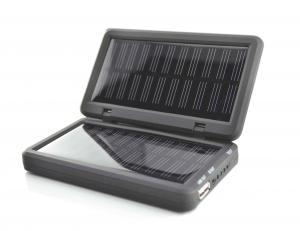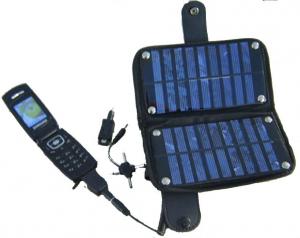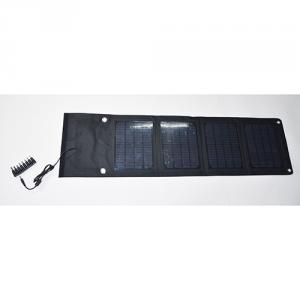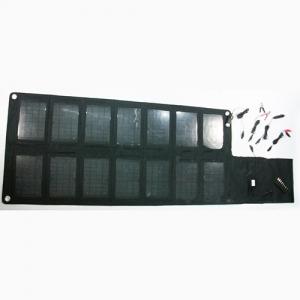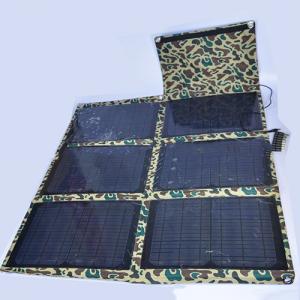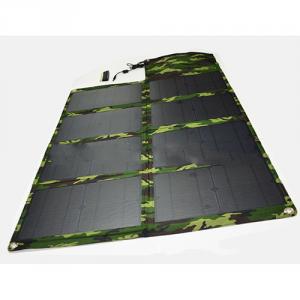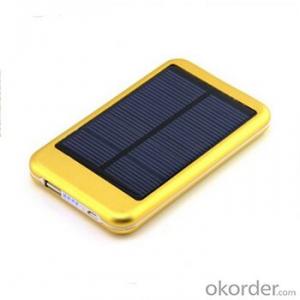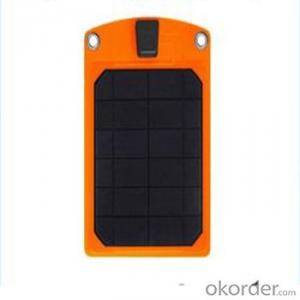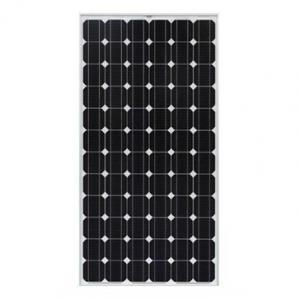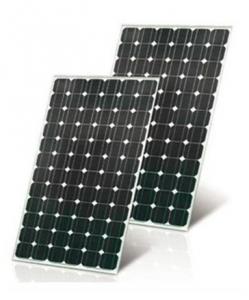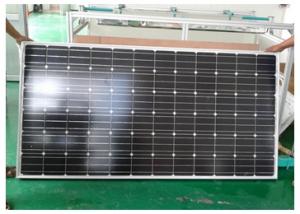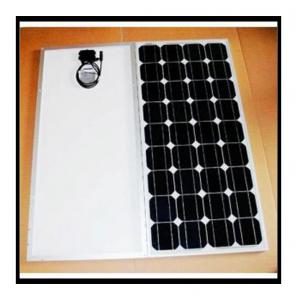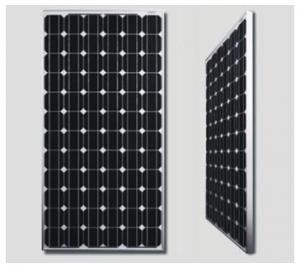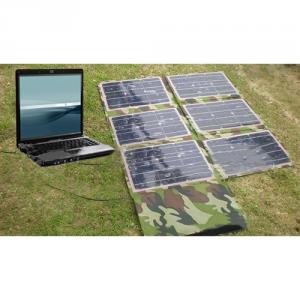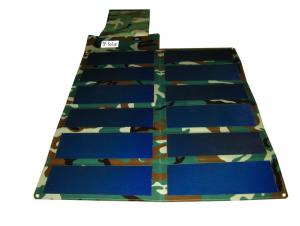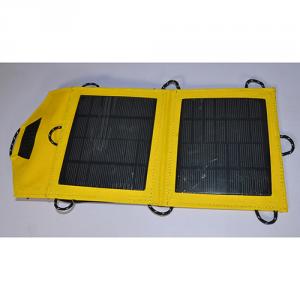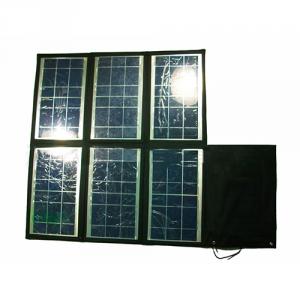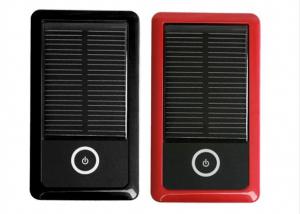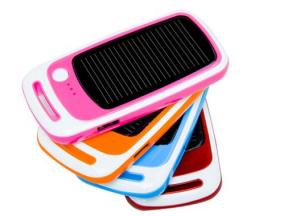Best Rv Solar Chargers - Solar Module Mono-Crystalline 190W 125*125 Module
- Loading Port:
- China Main Port
- Payment Terms:
- TT or LC
- Min Order Qty:
- -
- Supply Capability:
- -
OKorder Service Pledge
OKorder Financial Service
You Might Also Like
Solar Module Descriptions:
A solar panel, or photovoltaic PV module, is a device that is composed of solar cells and which, when struck by photons of light from the sun, generates an electrical current which can then be used to power DC or AC electrical loads.
We are one of the well known manufacturers and suppliers of an extensive range of solar module. Entire range of our products is well checked before offering to the clients to ensure that our products are free from any defect. Our products are delivered within the stipulated time frame. These solar module are available for outdoor applications.
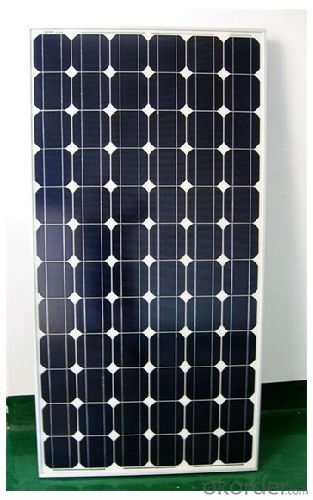
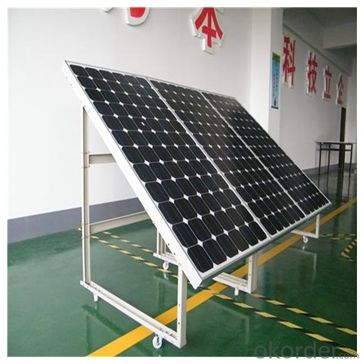
Electrical Characteristics
Module Power (W) | 195> Pm>190 |
Max –Power (W) | 190 |
Max-Power Voltage (V) | 36.5 |
Max-Power Current (A) | 5.2 |
Open-Circuit Voltage (V) | 45.2 |
Short-Circuit Current (A) | 5.6 |
Module Efficiency (%) | 14.9 |
Max-System Voltage (VDC) | 600V(UL)/1000V(IEC) |
Max. Series Fuse (A) | 10 |
Pm Temperature Coefficients (%/℃) | -0.4601 |
Isc Temperature Coefficients (%/℃) | 0.0981 |
Voc Temperature Coefficients (%/℃) | -0.5186 |
NOCT Nominal Operating Cell Temperature (℃) | 45+ 2 |
Maximum load rating ( Pa) | 5400 |
Mechanical Characteristics
Cable type, Diameter and Length | 4mm2, TUV certified, 1000mm |
Type of Connector | Compatible with MC4 plug |
Arrangement of cells | 6*12 |
Cell Size | 125*125 |
Dimension | 1580*808*40 |
Weight | 15.5Kg |
No. of Draining Holes in Frame | 10 |
Glass, Type and Thickness | High Transmission, Low Iron, Tempered Glass 3.2mm |
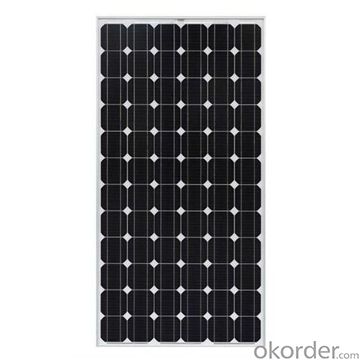
Features
Guaranteed positive tolerance 0/+5w ensures power output reliability
Strong aluminum frames module can bear snow loads up to 5400Pa and wind loads up to 2400Pa.
Excellent performance under low light environments (mornings evenings and cloudy days)
12 years for product defects in materials and workmanship and 25 years for 80% of warranted minimum power.
Certifications and standards: IEC 61215.
Manufactured according to International Quality and Environment Management System (ISO9001, ISO14100).
FAQ
Q: What kind of loads can I run on PV?
With a correctly designed PV system you can power almost any electrical load. However, as the load size increases the expense also increases. Loads like hot water heaters, air conditioners, room heaters and electric stoves should be avoided. The added cost of trying to power loads like these is very cost prohibitive. If these loads have to be powered it will be a lot less expensive to change the appliance to use an alternative fuel type like propane.
Q: When do I need a charge controller and why?
The safest way to figure out if you need a charge controller is to take Battery Amp Hour Capacity and divide this by the Solar Panel max. power amp rating. If the quotient is above 200, you don't need a controller. If the number is less than 200 than you need a controller.
For example if you have a 100 amp hour battery and a 10 watt panel, you take 100 and divide it by .6 (600mA) and you get 166.6. Since this is less than 200 you need a charge controller. If you have a five-watt panel in the above example you take 100 divided by .3 (300mA) and you come up with 333.3. Since this is larger than 200 you do not need a charge controller. However you still need a blocking diode, to prevent the battery from discharging to the panel at night. So as a general rule of thumb you don't need a charge controller unless you have more than five watts of solar for every 100-amp hours of battery capacity.
- Q: Are there solar chargers for digital cameras?
- Yes, there are solar chargers available specifically designed for digital cameras. These chargers use solar panels to harness energy from the sun and convert it into power to charge camera batteries.
- Q: Solar mobile power, you can side of the solar energy directed at the side of the phone to charge it?
- Yes, it is best not to do so. Solar mobile power in the use of sunshine when the exposure is exposed to the sun, the temperature is relatively high,
- Q: Can solar chargers charge portable music players?
- Yes, solar chargers can charge portable music players.
- Q: Can solar chargers charge portable projectors?
- Yes, solar chargers can charge portable projectors as long as they provide the necessary voltage and current requirements for the projector's battery. However, the charging time may vary depending on the solar charger's capacity and the amount of sunlight available.
- Q: Do solar chargers require any maintenance?
- Yes, solar chargers typically require minimal maintenance. Regular cleaning of the solar panels to remove dust and debris is recommended to ensure maximum efficiency. Additionally, checking the wiring connections and ensuring they are secure is important. Overall, solar chargers are designed to be low-maintenance devices.
- Q: Can solar chargers be used for charging portable electric bikes?
- Yes, solar chargers can be used for charging portable electric bikes. Solar chargers harness energy from the sun and convert it into usable electricity, which can then be used to charge the batteries of portable electric bikes. This eco-friendly and sustainable charging option is particularly beneficial for outdoor enthusiasts or those who do not have access to traditional electrical outlets.
- Q: Can solar chargers be used to charge electric leaf blowers?
- No, solar chargers cannot be used to charge electric leaf blowers. Electric leaf blowers typically require a higher voltage and power output than what solar chargers can provide.
- Q: Can solar chargers be used during power outages?
- Yes, solar chargers can be used during power outages as they rely on sunlight to generate electricity and do not require an external power source.
- Q: Can solar chargers charge drones?
- Yes, solar chargers can charge drones.
- Q: Are solar chargers compatible with all handheld gaming device models?
- Solar chargers are not compatible with all handheld gaming device models. The compatibility of solar chargers depends on the specific charging port and voltage requirements of each gaming device. It is essential to check the compatibility of the solar charger with your handheld gaming device model before purchasing.
Send your message to us
Best Rv Solar Chargers - Solar Module Mono-Crystalline 190W 125*125 Module
- Loading Port:
- China Main Port
- Payment Terms:
- TT or LC
- Min Order Qty:
- -
- Supply Capability:
- -
OKorder Service Pledge
OKorder Financial Service
Similar products
Hot products
Hot Searches
Related keywords


